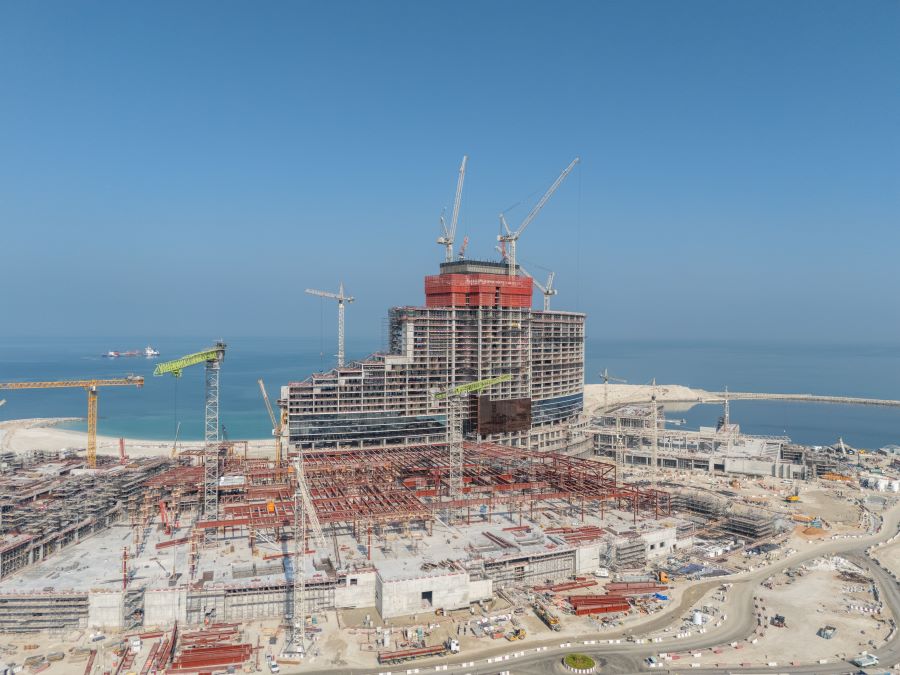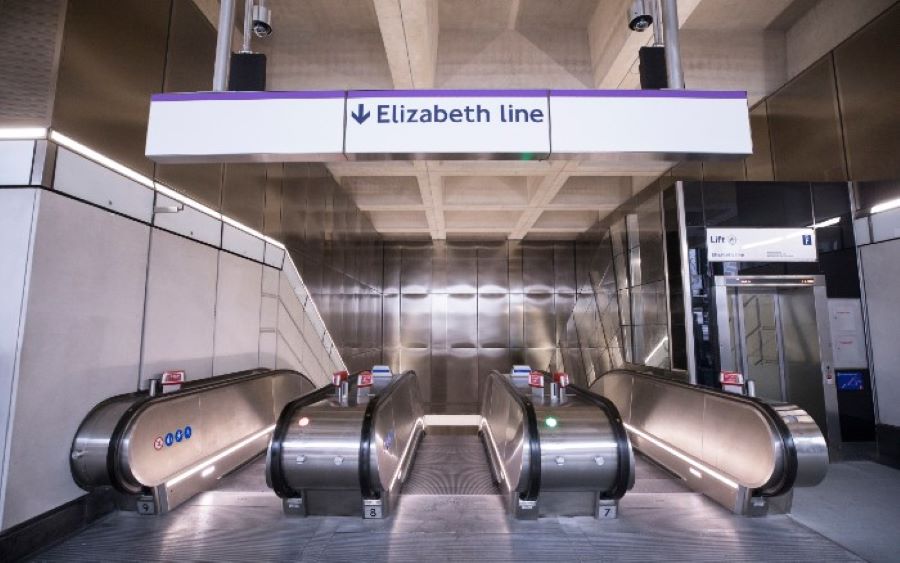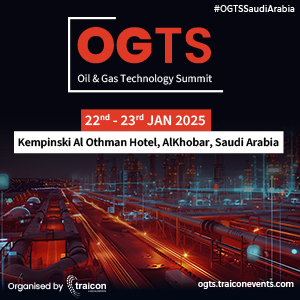
globalbizmag.com
GCC countries help Egypt in recovery of its Economy
The GCC countries including Qatar have extended all support to Egypt whose economy was impacted by COVID-19 in the last two years and now due to the Russia-Ukraine conflict for the last few weeks.
Like other MENA countries, the ongoing war in Europe has impacted Egypt’s economy and food security as the country has been importing wheat and corn from both Russia and Ukraine. Egypt is looking at other countries including India for wheat imports at present.
The value of the Egyptian pound has fallen against the dollar and Egypt’s foreign reserves have dwindled. Egypt’s total sovereign debt is expected to reach $391.8 billion by the end of this year.
Egypt joined the Saudi-led bloc and severed its relations with Qatar in 2017 accusing Qatar of encouraging terrorism and interfering in its domestic affairs. The Egyptian government confiscated land from Qatari companies, notably the Qatari Diar real estate company, and cancelled all its projects.
After re-establishing ties with Qatar in January 2021, Egyptian President Abdel Fattah al-Sisi met with Qatar’s Amir Sheikh Tamim bin Hamad Al Thani twice in August 2021 and later in February 2022 in Baghdad and Beijing, respectively. On 23 June 2021, Sisi appointed a high ranking official to Qatar to sign agreements on behalf of Egypt.
Seeks FDI
Egypt has been discussing with its allies in the GCC region seeking foreign investments and after reconciliation with Qatar, both countries have entered into several agreements on March 29 by which Qatar has agreed to invest $5 billion in Egyptian markets.
A fortnight later, Egyptian Prime Minister Mostafa Madbouly met with a Ministerial Committee to review their country’s plans on how to attract more investors from other countries in Egypt’s stock Exchange.
Egypt has been implementing several new projects that has attracted the interests of Qatari investors, especially in the real estate and tourism sectors. The government has also requested support from the International Monetary Fund on March 23.
Following Qatar, the Abu Dhabi’s SWF – ADQ Holding – too acquired stakes in five companies listed on the Egyptian stock exchange, including state-owned companies such as Alexandria Container and Cargo Handling and Abu Qir Fertilizers and Chemicals Industries Company, at a cost of more than $28.5 billion.
On March 21, ADQ Holding signed an agreement with the Egyptian government to invest $2 billion in exchange for government-held stakes in financial and industrial institutions.
Even Saudi Arabia too announced on March 30 that it would be depositing $5 billion with the Central Bank of Egypt, bringing the total Saudi deposits in Egypt to $10.3 billion.











